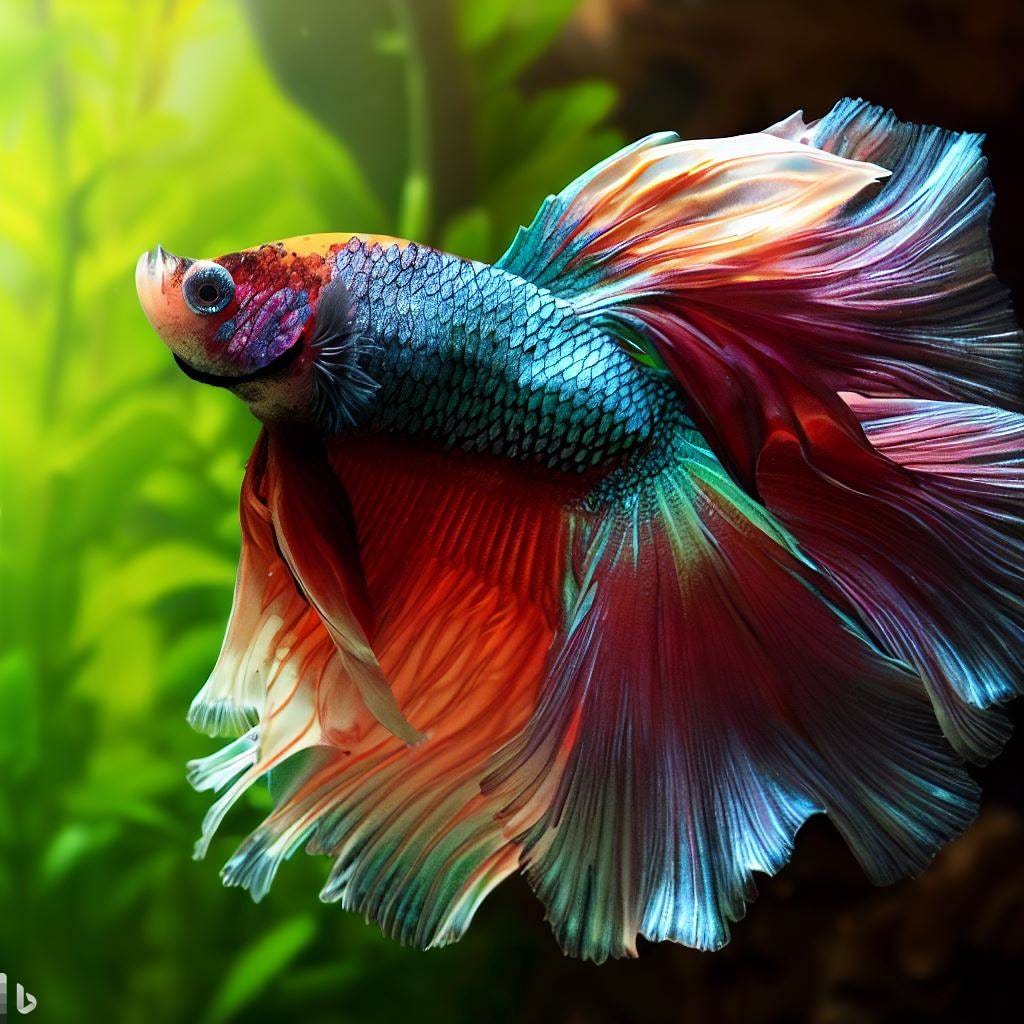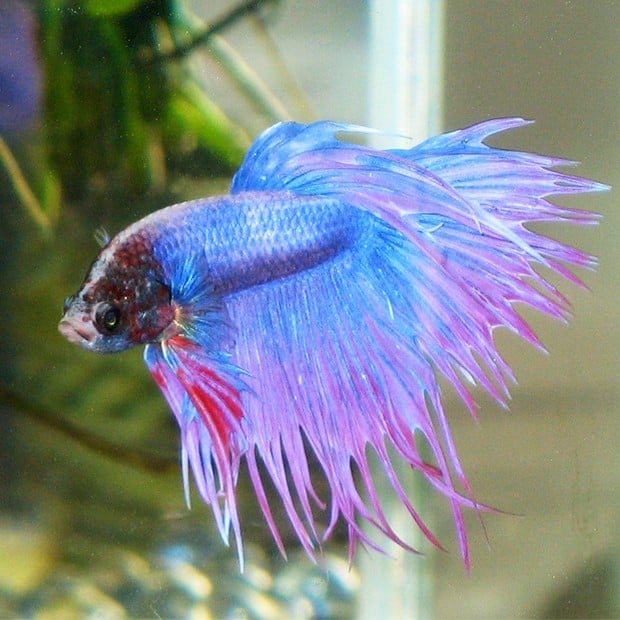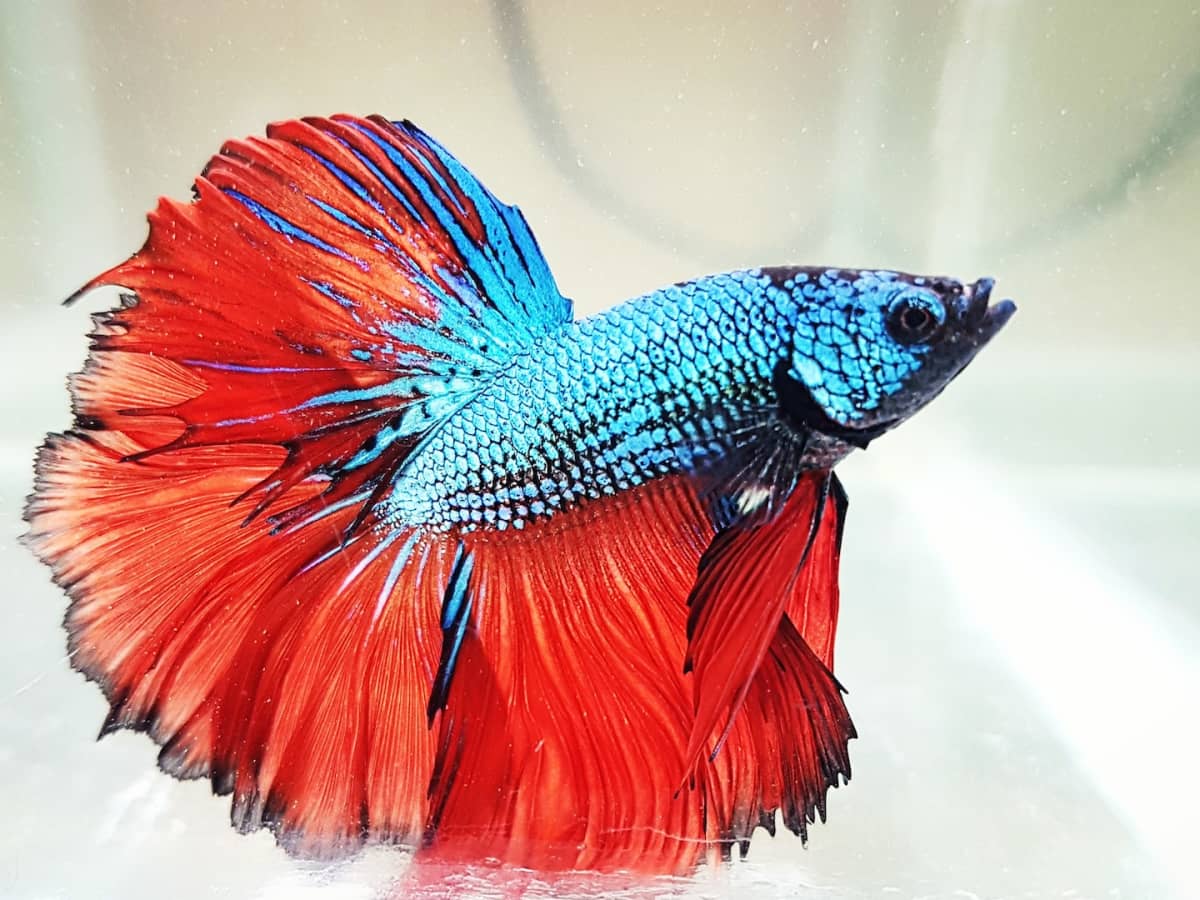Just How to Present Betta Fish to an Area Storage Tank Safely
Just How to Present Betta Fish to an Area Storage Tank Safely
Blog Article
The Ultimate Overview to Betta Fish Treatment: Necessary Tips for Keeping a Healthy And Balanced and Thriving Aquarium Environment
Effective Betta fish treatment requires a comprehensive understanding of their one-of-a-kind environmental and physical requirements. Establishing an appropriate aquarium starts with selecting the right container size and making certain ideal water problems, which are critical for the health and wellness and well-being of your Betta.
Picking the Right Tank
Choosing the ideal tank for your Betta fish is vital to ensuring its health and wellness and health. Bettas thrive in settings that mimic their natural environments, which generally include tranquility, cozy waters. A tank dimension of at least 5 gallons is recommended to give sufficient swimming space, as smaller containers can cause tension and health and wellness concerns for these vibrant fish.
When selecting a container, think about the container's form and filtering system. A rectangle-shaped storage tank is better to a bowl, as it offers much more area for oxygen exchange. In addition, a trustworthy filtration system is necessary to maintain water high quality and reduce the regularity of water changes (betta fish). However, it is very important to select a filter with a gentle flow, as Bettas are not strong swimmers and may resist solid currents.
Temperature level policy is another vital aspect; Bettas choose water temperature levels in between 76 ° F and 82 ° F. Purchasing an excellent heating system will certainly make certain that the water stays within this variety, promoting a healthy and balanced and energetic way of life for your Betta. Lastly, providing ideal container designs and hiding areas will help decrease tension and urge natural behaviors, better enhancing your Betta's well-being.
Keeping Water High Quality
Maintaining ideal water quality is necessary for the health and long life of Betta fish. This calls for normal monitoring of different specifications, including temperature, pH, ammonia, nitrite, and nitrate degrees. Bettas thrive in temperature levels in between 76 ° F and 82 ° F, so maintaining a steady temperature level is vital. Sudden changes can bring about tension and health problem.
The pH degree should ideally fall between 6.5 and 7.5. Routine screening making use of a reputable water screening set can aid ensure these parameters remain within the suitable varieties. Ammonia and nitrite levels must constantly go to 0 ppm, as also reduced concentrations can be harmful to Betta fish. Nitrate degrees should be maintained under 20 ppm to stop long-term health and wellness concerns.
Normal water modifications are crucial to preserving water quality. Furthermore, integrating a robust purification system can help in keeping water clearness and quality, giving a healthier environment for your Betta fish.
Suitable Feeding Practices
Giving a balanced diet regimen is crucial for the wellness and dynamic pigmentation of Betta fish, as their nutritional demands play a significant duty in their overall health. Betta fish are carnivorous naturally, requiring a diet plan high in healthy protein. A combination of high-quality pellets, icy or live foods such as bloodworms, salt water shrimp, and daphnia can offer the vital nutrients they need.
Feed your Betta fish 2 to 3 times a day, using only what they can consume within 2 to three mins to stop overfeeding and keep water quality. Overfeeding can cause obesity and health and wellness concerns, including swim bladder illness. It is vital to check their dietary consumption and adjust part dimensions accordingly.
In enhancement to healthy protein, a balanced diet plan needs to include vitamins and minerals to promote optimum health. Think about supplementing their diet regimen with high-quality flakes or pellets especially created for Betta fish, as these commonly have required ingredients.

Producing a Suitable Environment

Water high quality is paramount; maintain a temperature level in between 76 ° F and 82 ° F, and ensure the pH level ranges from 6 - betta fish.5 to 7.5. Normal water modifications of 25-50% per week will assist maintain toxins at bay and make certain a steady atmosphere
Including plants and hiding areas is critical, as Betta fish are naturally territorial visit this page and enjoy having locations to discover and pull back. Live or silk plants, together with caves and accessories, can develop a stimulating environment.

Normal Health And Wellness Checkups
Conducting routine health checkups is crucial for guaranteeing the health of Betta fish, as early discovery of prospective issues can stop serious illness. These checkups must incorporate a detailed assessment of the fish's physical problem, habits, and ecological elements.
Begin by observing the Betta fish for any kind of indications of distress, such as sleepiness, anorexia nervosa, or unusual swimming patterns. In addition, examine the fins and body for indicators of discoloration, lesions, or fin rot, which can show infections or parasites. Routinely checking the water quality in the aquarium is just as crucial; criteria such as pH, ammonia, nitrite, and nitrate degrees should be preserved within optimum arrays to avoid stress and anxiety and disease.
In addition, take into consideration keeping a log of wellness monitorings and water top quality tests. Prompt treatment why not try these out can make a significant distinction in the recuperation of your Betta fish, making certain a lengthy and healthy and balanced life in a properly maintained aquarium atmosphere.
Final Thought
To conclude, successful Betta fish care depends upon developing and keeping an optimum aquarium setting. Key aspects include selecting a properly sized tank, guaranteeing consistent water quality, sticking to suitable feeding methods, and developing a habitat that decreases anxiety. Regular wellness check-ups are necessary for early discovery of prospective issues. By adhering to these guidelines, aquarists can advertise the wellness and vibrancy of Betta fish, ultimately causing a flourishing marine ecosystem.
Report this page